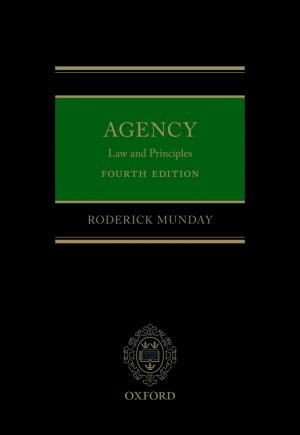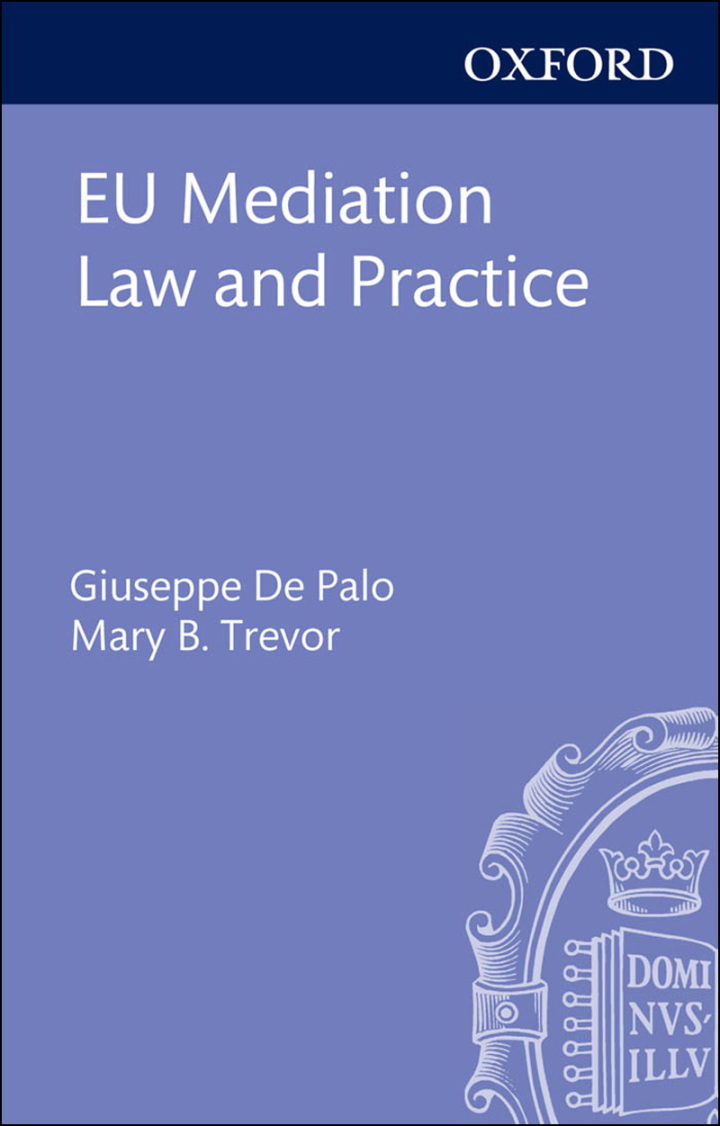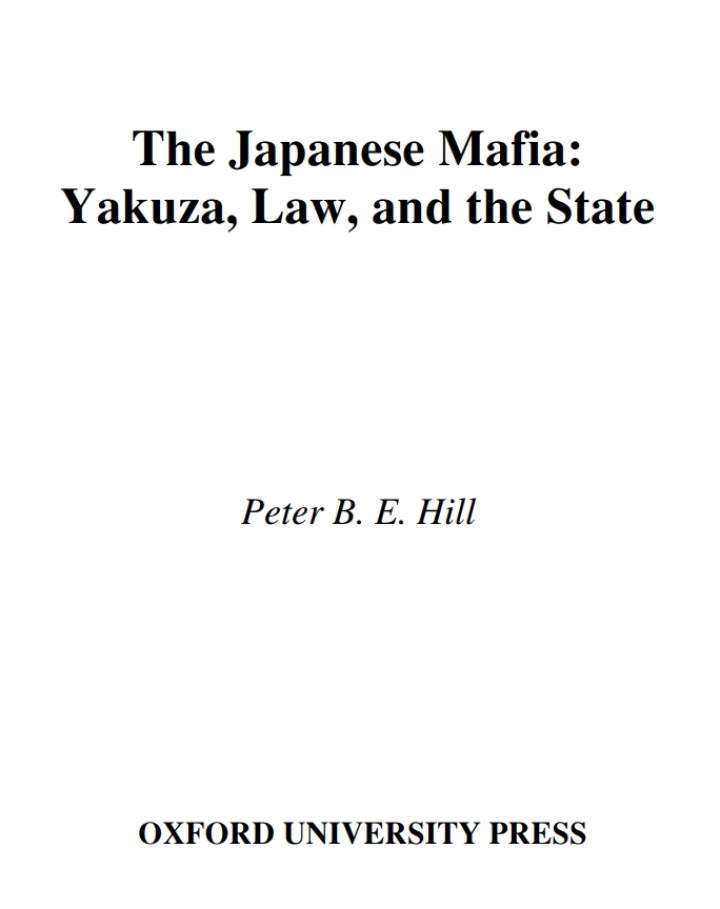The Japanese Mafia Yakuza, Law, and the State
$19.50
Attention: This is just ebook, Access Codes or any other Supplements excluded! / File Delivery: Sent Via Email within 24 hours!
SKU: 8cd3df34eb22
Category: Law Textbooks
Description
-
Author(s)Peter B. E. Hill
-
PublisherOUP Oxford
-
FormatPDF
-
Print ISBN
9780199257522, 0199257523 -
eText ISBN
9780199257522, 0199257523 -
Edition
-
Copyright
- Details
The Japanese mafia – known collectively as yakuza – has had a considerable influence on Japanese society over the past fifty years. Based on extensive interviews with criminals, police officers, lawyers, journalists, and academics, this is the first academic analysis in English of Japan’s criminal syndicates. Peter Hill argues that the essential characteristic of Japan’s criminal syndicates is their provision of protection to consumers in Japan’s under- and upper-worlds. In this respect they are analogous to the Sicilian Mafia, and the mafias of Russia, Hong Kong and the United States. Although the yakuza’s protective mafia role has existed at least since the end of the Second World War, and arguably longer, their sources of income have not remained constant. The yakuza have undergone considerable change in their business activities over the last half-century. The two key factors driving this evolution have been the changes in the legal, and law-enforcement environment within which these groups must operate, and the economic opportunities available to them. This first factor demonstrates that the complex and ambiguous relationship between the yakuza and the state has always been more than purely symbiotic. With the introduction of the boryokudan (yakuza) countermeasures law in 1992, the relationship between the yakuza and the state has become more unambiguously antagonistic. Assessing the impact of this law is, however, problematic; the contemporaneous bursting of Japan’s economic bubble at the beginning of the 1990s also profoundly and adversely influenced yakuza sources of income. It is impossible to completely disentangle the effects of these two events. By the end of the twentieth century, the outlook for the yakuza was bleak and offered no short-term prospect of amelioration. More profoundly, state-expropriation of protection markets formerly dominated by the yakuza suggests that the longer-term prospects for these groups are bleaker still: no longer, therefore, need the yakuza be seen as an inevitable and necessary evil.
Related products
-

Constitutional Adjudication in Africa 1st Edition
Rated 0 out of 5$45.50 Add to cart -

Agency 4th Edition Law and Principles
Rated 0 out of 5$53.62 Add to cart -

50 Years of Central Banking in Kenya
Rated 0 out of 5$40.62 Add to cart -

Commercial Arbitration in Sweden 3rd Edition
Rated 0 out of 5$146.25 Add to cart


